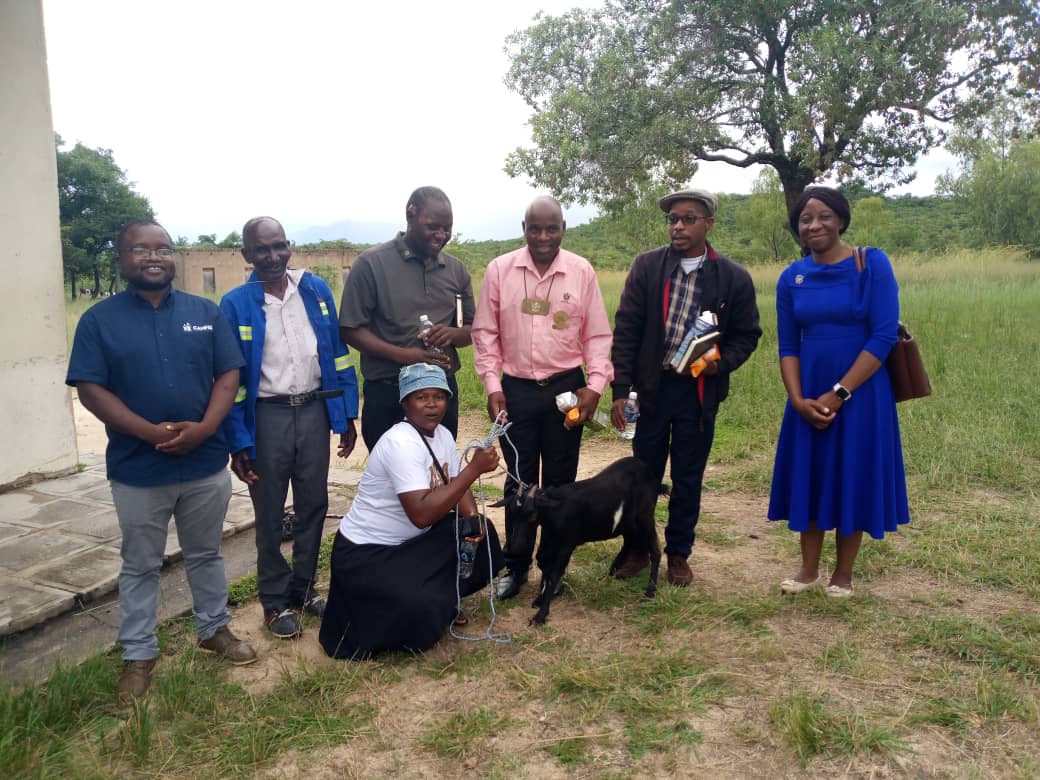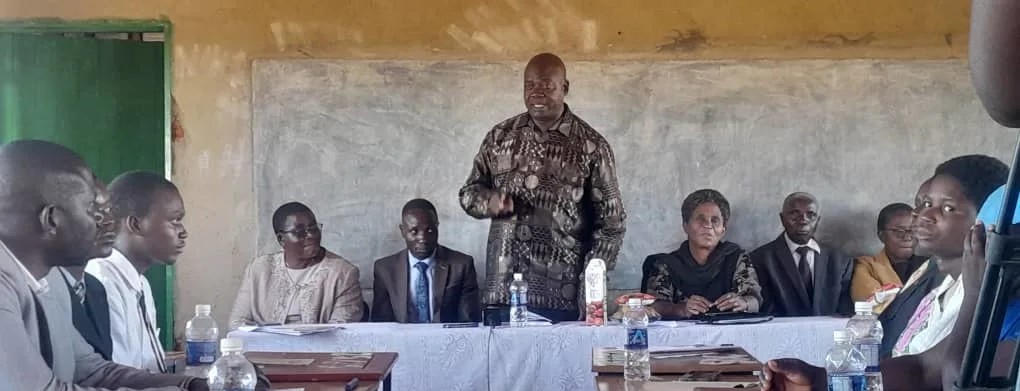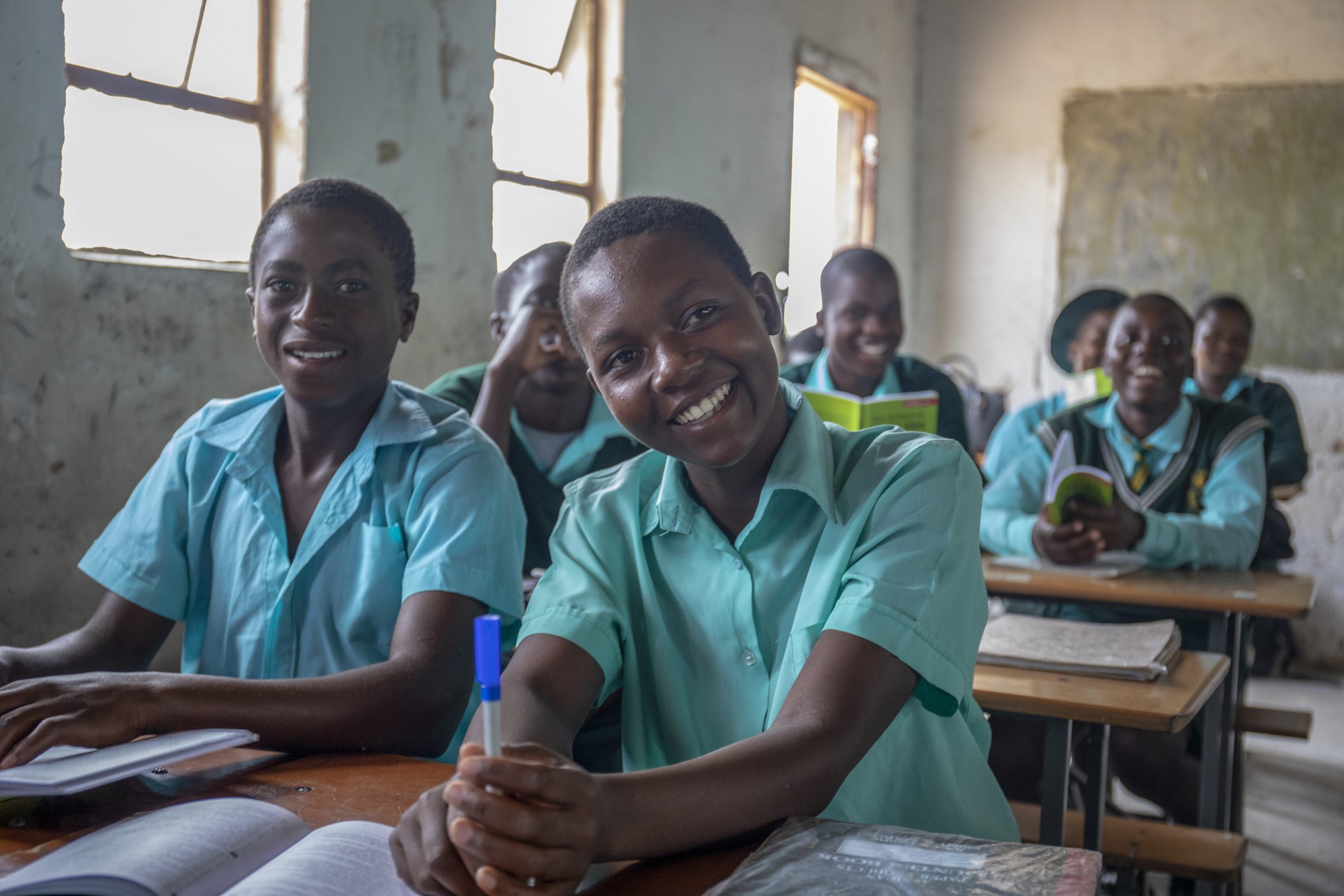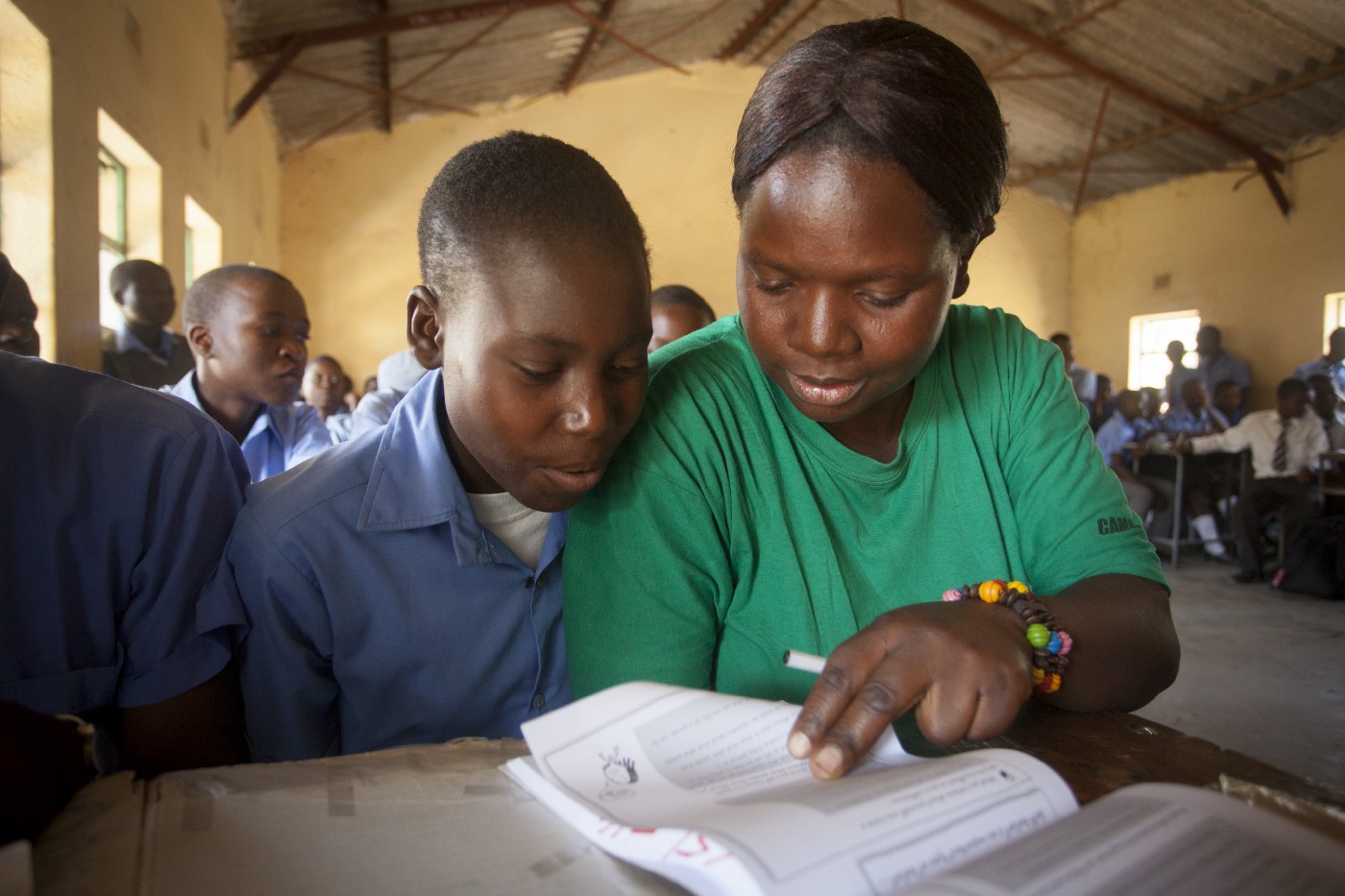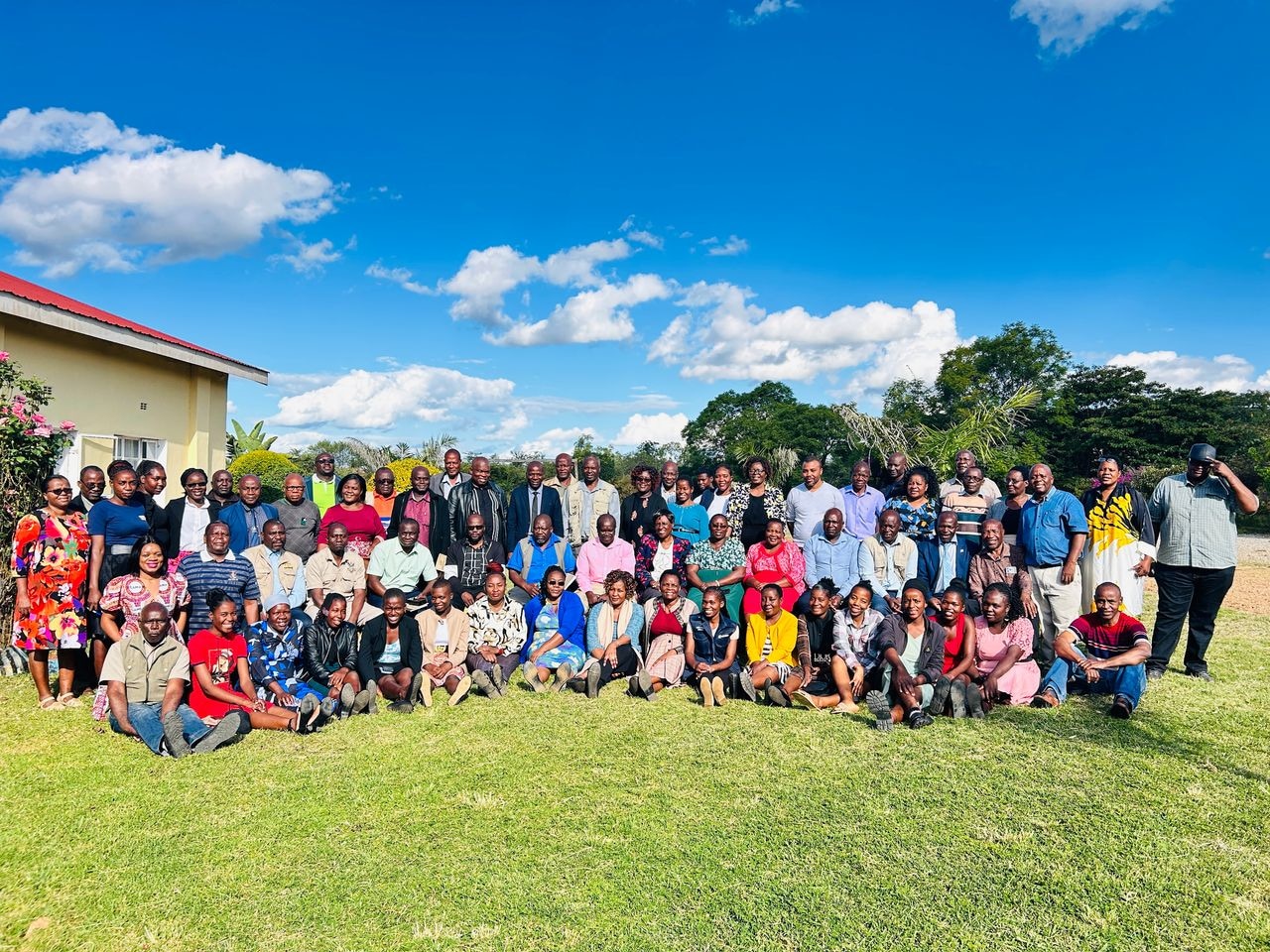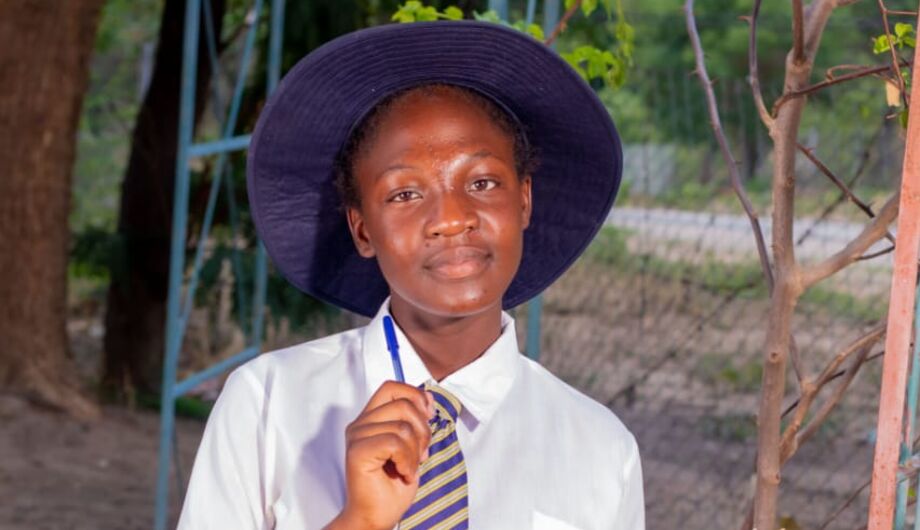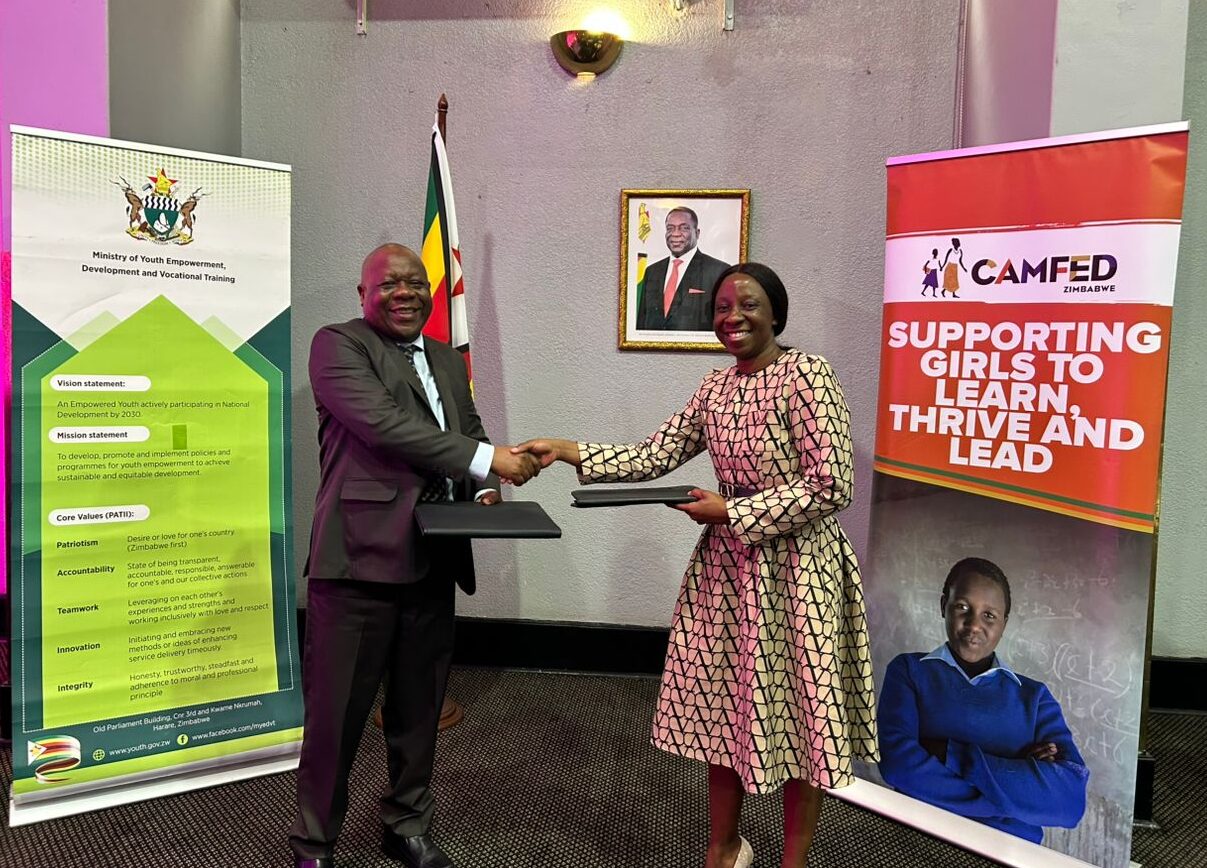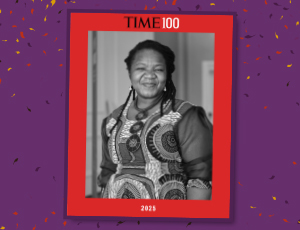Zimbabwe’s Ministry of Primary and Secondary Education, in collaboration with CAMFED and with support from the Global Partnership for Education (GPE), is rolling out a nationwide ‘Early Warning System’ to prevent children from dropping out of school due to the challenges they are facing.
The initiative comes as an urgent response to 49,555 learners having dropped out of school in 2024, according to figures presented in Parliament by the Hon. Angeline Gata, Deputy Minister of Primary and Secondary Education.
By late March 2025, implementation of the Early Warning System was underway to reach 545 schools across 30 districts. In May, Hon. Dr. Torerayi Moyo, Minister of Primary and Secondary Education, travelled to some of the country’s most remote schools to assess progress.

In Matabeleland South, Minister Moyo commended the resilience of educators and communities working in under-resourced environments.
